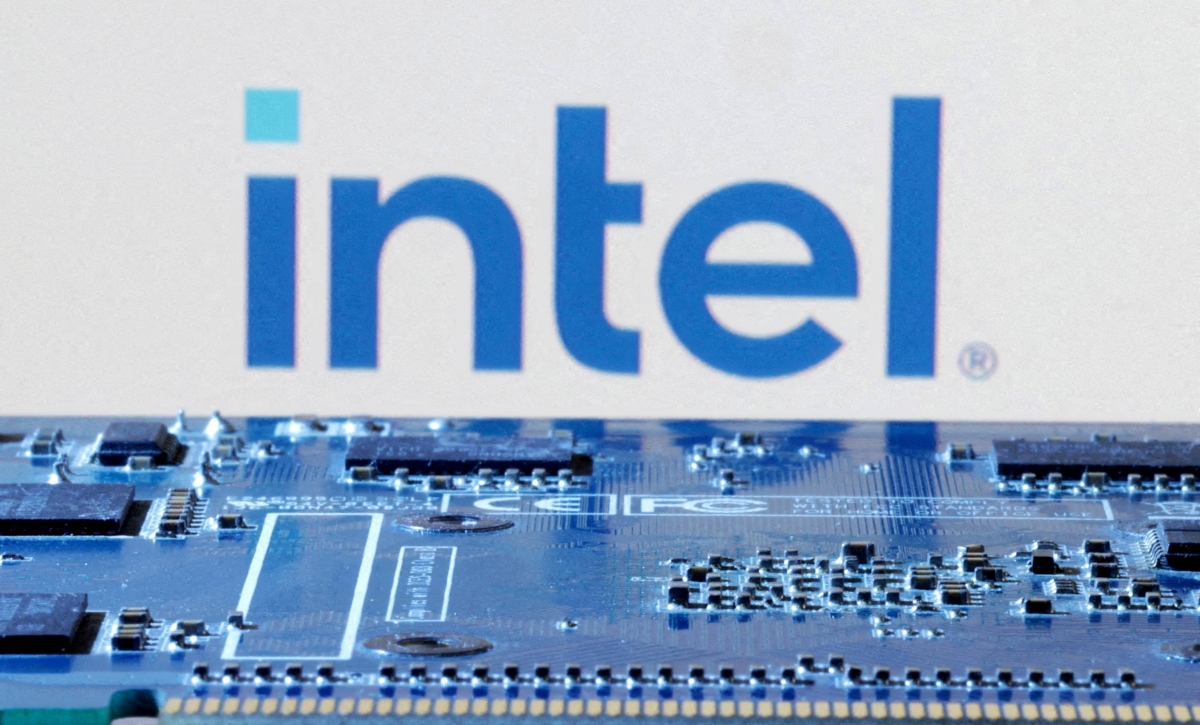
Intel has begun its search for a new CEO, evaluating several external candidates, including semiconductor industry veteran and former board member Lip-Bu Tan. This follows the departure of Pat Gelsinger, who stepped down after less than four years in the role. Sources close to the matter revealed the company’s board is actively reaching out to potential successors, with discussions still in their early stages.
Lip-Bu Tan, a well-respected figure in the semiconductor industry, has been approached in recent days to assess his interest in leading the embattled chipmaker. Tan’s leadership credentials include his time as CEO of Cadence Design Systems and his tenure on Intel’s board, where he oversaw manufacturing operations until stepping down in August amid strategic disagreements with Gelsinger.
Intel’s board is also said to be considering Marvell Technology CEO Matt Murphy as a candidate, though Murphy has publicly stated his commitment to Marvell during a recent earnings call. The company has yet to finalize a list of candidates, with insiders noting that a decision may take several months. In the interim, Intel has appointed CFO David Zinsner and senior executive Michelle Johnston Holthaus as co-CEOs to manage day-to-day operations.
The decision to replace Gelsinger underscores the board’s dissatisfaction with the pace of his ambitious turnaround strategy. Gelsinger, who took the helm in 2021, sought to revitalize Intel by focusing on cutting-edge manufacturing and AI capabilities. However, under his leadership, Intel experienced setbacks, including missed client commitments, canceled contracts, and declining revenue. The company’s revenue plummeted to $54 billion in 2023—a one-third drop compared to when Gelsinger assumed the role—leading to its first annual net loss since 1986.
Intel’s struggles have not gone unnoticed. The company’s stock price has dropped over 60% since Gelsinger’s early tenure, sparking potential takeover interest from competitors like Qualcomm. Meanwhile, Intel faces mounting pressure to reclaim its standing in the semiconductor industry during what has been described as one of the most challenging periods in its five-decade history.
The search for Intel’s next CEO is among the most closely watched leadership transitions in corporate America. The company’s decision will likely have far-reaching implications for its future as it navigates a competitive market and attempts to regain its dominance in chip manufacturing.
